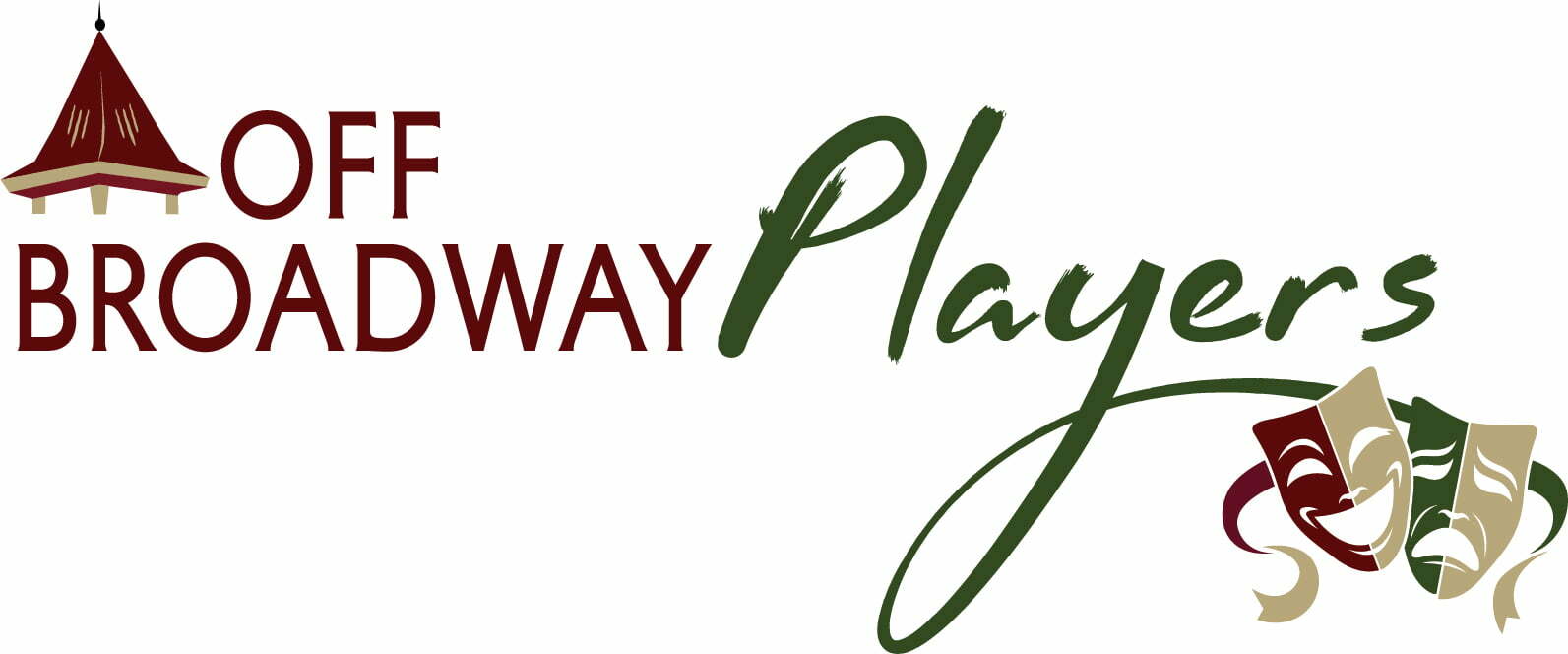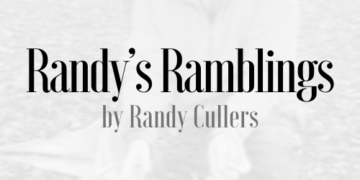
Green Room – In theatres and other show business venues the Green Room is a lounge or waiting room for the actors to use when they are not on stage. It can also refer to the changing rooms. There are several theories as to why it is called the Green Room. Some suggest that the rooms were originally painted green to relieve the eyes from the glare of the stage. Some studies state that in medieval times the acting area was referred to as “the green” as it was often grass-covered, and the surrounding space was occupied by the spectators. The green room would be the transition room on the way to the green/stage. A final theory states that some actors experience nervous anxiety before a performance and might look green suggesting that the green room is where the nervous actors wait.
Break a Leg – When an actor is about to begin a performance you may hear others telling them to “break a leg”. This is synonymous with wishing them good luck. One popular theory for this idiom is that the edge of a stage just beyond what the audience can see forms a line that can be referred to as the leg line named after a type of concealing stage curtain. For an actor to be paid they would have to cross or “break” the line. So, the hope for your fellow actors would be that they would indeed break a leg of the stage so that they would receive compensation.
Limelight – Limelight or calcium light is a type of stage lighting once used in theatres and music halls. An intense illumination is created when a flame fed by oxygen and hydrogen is directed at a cylinder of quicklime. Lime lights have long been replaced by electric lighting, but the term has survived. This is why you hear of someone in the public eye as being “in the limelight”. The actual lamps are called limes a term which has been transferred to electrical equivalents.
Upstage/Downstage – Blocking is the precise staging of actors to facilitate the performance of a play, ballet, film or opera. The term derives from the practice of 19th century theatre directors who worked out the staging of a scene on a miniature stage using a block to represent each of the actors. The rear of the stage area, farthest from the audience, is upstage. The front, nearest the audience if downstage. The terms are used because the stages used to be raked and sloped downward toward the audience. Today the stages are flat the audience area is typically raked upward from the stage. If an actor is toward the back of the stage or upstage and getting more attention than the actor at the front of the stage, it is called upstaging. If you are the actor in front, you are being upstaged.
Macbeth legend – If you are in a theatre and hear about “The Scottish Play” or “the Bard’s play” they are indeed referring to Macbeth. According to theatrical superstition, called the Scottish curse, speaking the name Macbeth inside a theatre, other than as called for in the script while rehearsing or performing, will cause disaster. Variations of the superstition may also forbid quoting lines from the play within the theatre except as part of an actual rehearsal or performance of the play. When the name of the play is spoken in a theatre, tradition require the person who spoke it to leave, perform traditional cleansing rituals and be invited back in. The rituals include turning three times, spitting over one’s left shoulder, swearing or reciting a line from another of Shakespeare’s plays.
Hope everyone can make time to see our next production, Walking Across Egypt. All the details can be found at offbroadwayplayersva.org.
See you at the theatre –
Terri































